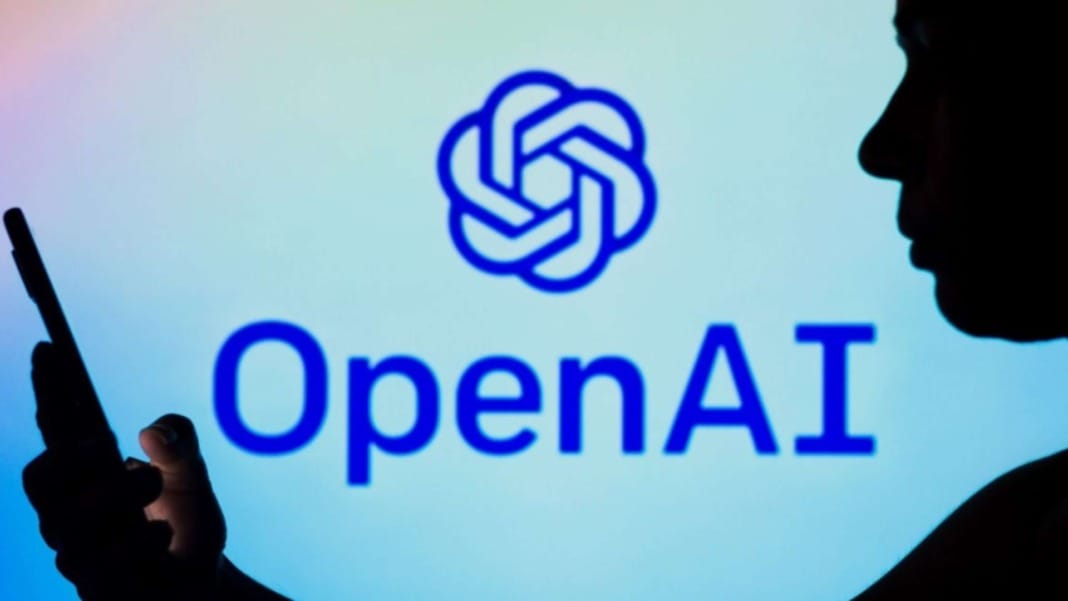OpenAI, a leading entity in artificial intelligence development, has launched the initial version of its “Model Spec” framework. This new guideline aims to shape how AI tools, including the widely used GPT-4 model, will operate in future interactions. The company has outlined three foundational principles designed to ensure AI models are beneficial and uphold social norms and laws.
The framework established by OpenAI mandates that AI models should provide useful and instruction-compliant responses to both developers and end-users. By assessing potential advantages and drawbacks, these models aim to benefit humanity. Additionally, they are expected to positively reflect OpenAI by adhering to societal norms and regulations.
Comprehensive rules and public engagement
OpenAI’s Model Spec encompasses several specific rules: AI must follow established command chains, comply with relevant laws, avoid disseminating hazardous information, respect the rights of creators, ensure user privacy, and refrain from producing not-safe-for-work (NSFW) content. The framework also introduces a flexibility feature, allowing users and companies to adjust the “spiciness” of AI responses, particularly concerning NSFW content, which OpenAI is considering making available in age-appropriate settings through its API and ChatGPT.
Joanne Jang, a product manager at OpenAI, emphasised the framework’s role in distinguishing intentional actions from bugs in AI behaviour. The guidelines propose that AI models should always assume positive intentions from users, engage in clarifying dialogue, maintain objectivity, promote respectful interactions, and express doubts when necessary.
“We believe these guidelines will facilitate more nuanced discussions about AI models, including legal compliance and ethical considerations,” Jang told The Verge. “This clarity will hopefully simplify policy discussions, making it easier to determine what should be escalated to our policy team.”
An evolving framework awaiting public input
While the Model Specification will not immediately affect currently active OpenAI models like GPT-4 or DALL-E 3, which follow existing usage policies, it marks a significant step towards more refined AI governance. OpenAI plans to update the document regularly based on feedback from various stakeholders, including policymakers, trusted institutions, and domain experts. However, the company has not specified a timeline for the release of a second draft.
As this new framework takes shape, OpenAI is actively seeking public feedback to ensure it aligns with broader societal values and effectively supports the company’s mission of responsible AI development. OpenAI’s approach underscores its commitment to pioneering the field of AI behaviour, which Jang refers to as a “nascent science.”





